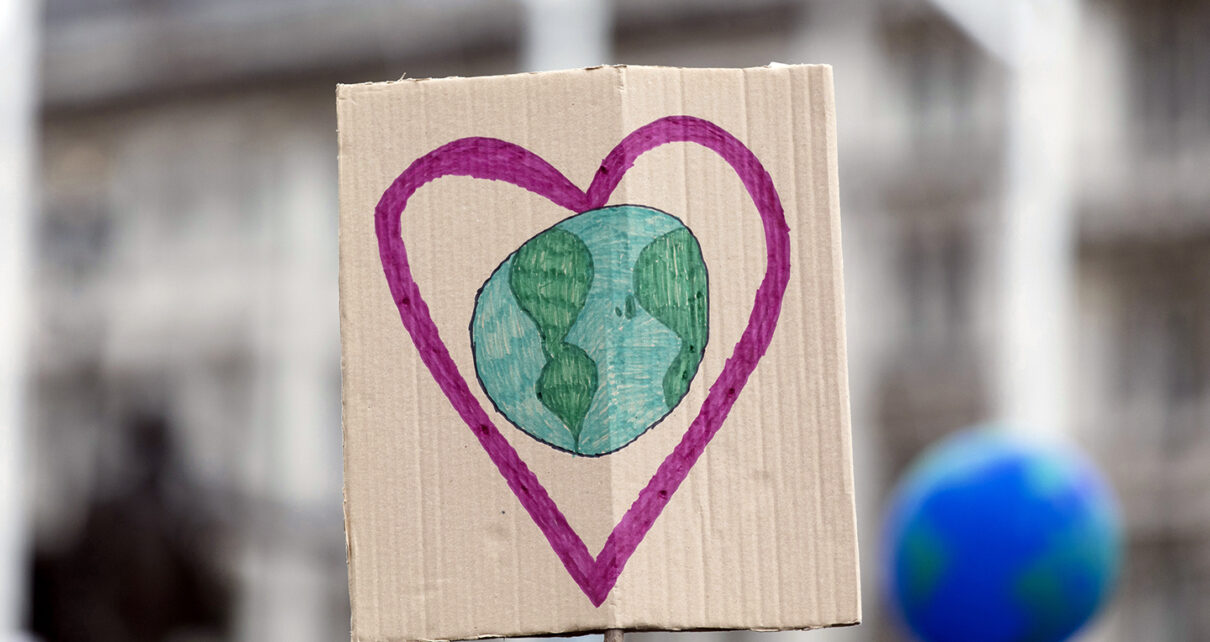Indigenous communities taking the lead on climate change adaptation
Submitted by Climate Change Task Force
The effects of climate change have been ramping up for decades. We are currently seeing this as: a steadily warming planet, severe and unpredictable weather events, droughts and wildfires, and rising sea levels. While these changes affect the entire planet, indigenous peoples are expected to be one of the most vulnerable groups in North America. Indigenous communities have relied on the land for generations and have extensive knowledge of the natural cycles in their local ecosystems. However, climate change disrupts these natural systems and threatens sacred lands, wildlife, and medicines. On the bright side, indigenous communities across North America are developing climate action plans to protect their way of life.
Tulalip peoples in California have relocated beavers from urban areas back to their natural habitat in order to lower river temperatures and strengthen salmon populations. The Salish and Kootenai in Montana are gathering and planting whitebark pine saplings that are naturally resistant to climate-related diseases. Alaskan communities are developing scientific methods to identify and contend with harmful algal blooms polluting their now-warmer waters. The Karuk of northern California have returned to the longstanding method of prescribed burning to control wildfires in their adaptation plan. The Swinomish of Washington State have gained some attention with their climate adaptation plan as well. They have seen their salmon population crash over the last 30 years and the shellfish they rely on are literally dissolving due to ocean acidification. In order to combat these issues they have developed innovative solutions such as planting trees along rivers to lower temperatures, building clam gardens, blocking mining operations, and bringing in truckloads of oyster shells to act as new homes for threatened native oysters they have imported. Programs like the ones above can have a marked effect on the environment and may help conserve important resources for generations to come.
The Seneca Nation has committed to combating the effects of climate change on our area. In 2020 the Climate Change Taskforce (CCTF)* was created to increase understanding about tribal adaptation and mitigation planning in preparing for the impacts of climate change and reducing greenhouse gas emissions. This includes consideration of traditional knowledge in understanding climate change impacts and identifying culturally appropriate strategies to address them. In collaboration with University of Buffalo, the Nation has taken on two interns to gather information, identify hazards, and draft a Seneca Nation Climate Adaptation Plan. Stay tuned for updates from the CCTF and information regarding climate change and sustainability.
*Climate Change Taskforce Members
•Councillor Tina Abrams
•Councillor Angie Kennedy
•Councillor Ross John, Sr.
•Councillor Lisa Maybee
•Larry Becelia
•Jason Corwin
•Jessica Crouse
•James Douglas
•Allie George
•Anthony Giacobbe
•Gerri Jimerson
•Josh Jimerson
•Courtney John-Jemison
•Greg Lay
•Clifford Redeye III
•Shannon Seneca
•Chelsea Snow
•Michael Snyder
•Shane Titus
•Agnes Williams




